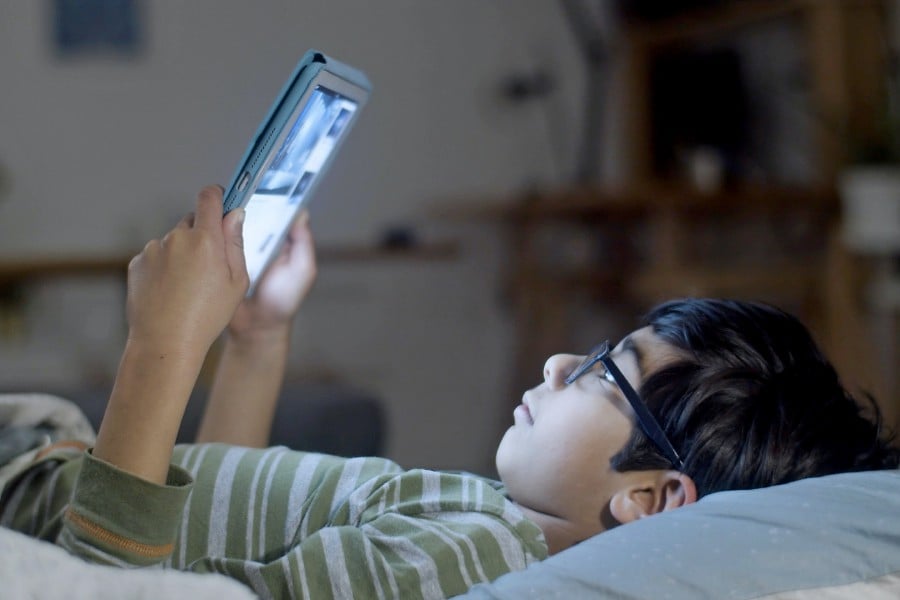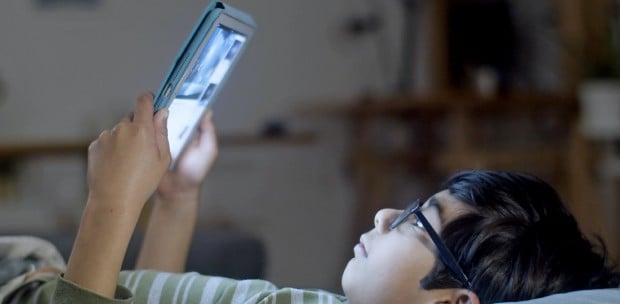THE impact of social media on the mental health of young adults has garnered significant attention.
According to the National Health and Morbidity Survey 2022 - Adolescent Health Survey, 1 in 4 adolescents in Malaysia feel depressed, with 1 in 8 having suicidal thoughts.
As young adults increasingly engage with social media, concerns about its impact on mental health have grown, with studies revealing that it can lead to cyberbullying,anxiety, and depression.
In fact, according to the survey, 1 in 5 Malaysian adolescents admit to being perpetrators of cyberbullying. Online and gaming addiction is another concern for parents of adolescents.
Online and gaming addiction is pervasive, often emerging as a secondary issue rooted in underlying primary challenges such as learning difficulties, social conflicts with peers, and familial disputes, explains Sunway Medical Centre child and adolescent psychiatrist Dr Tee Bee Chin.
This addiction can manifest through signs such as withdrawal from real-life activities, increased tolerance for screen time, and a preoccupation with online activities.
"Online and gaming addiction can have severe consequences. Prolonged
usage can lead to anxiety, depression, and other mental health issues. It disrupts a child's life both physically and mentally," says Dr Tee.
SOCIAL MEDIA AND ADOLESCENTS
Research indicates a significant association between increased social media use and symptoms of depressed mood, social anxiety, and physical symptoms of anxiety over time among adolescents, with stronger effects in girls.
Dr Tee says there is also a connection between violent online games and aggressive behaviour in children. Games that involve seeking out enemies or completing aggressive quests can cause quick, violent reactions, she adds.
A recent study also revealed that adolescents exposed to increased game violence exhibit higher hostility levels, more frequent arguments with teachers, increased involvement in physical fights and poorer school performance.
Early recognition of addiction is crucial to ensure timely intervention.
Dr Tee says parents must seek proper treatment and advice from healthcare professionals who understand the unique challenges of online and gaming addiction.
Support groups can also provide a vital lifeline for adolescents facing such challenges.
Dr Tee stresses that while it's all right for adolescents to use the internet, it's essential for adults to provide guidance.
Encourage the use of the internet for constructive purposes, she explains, as a place where one can share helpful ideas, indulge in arts and crafts, pursue hobbies, and develop valuable skills.
ONLINE DANGER

Cyberbullying
Social media platforms can become breeding grounds for cyberbullying, leading to anxiety, depression and low self-esteem.
Fear of Missing Out (FOMO)
Continuous exposure to the seemingly exciting activities of others induces FOMO, causing isolation and anxiety.
Addiction and Compulsive Behaviour
The addictive nature of social media can lead to compulsive use and a constant need for validation, resulting in anxiety and depression when attention is not received.
Reduced Face-to-Face Interactions
Over-reliance on social media for communication may decrease real-life social interactions, leading to loneliness and social isolation.
Information Overload
Continuous exposure to distressing news, graphic content, or triggering posts on social media can increase stress levels and negatively affect mental wellbeing.





